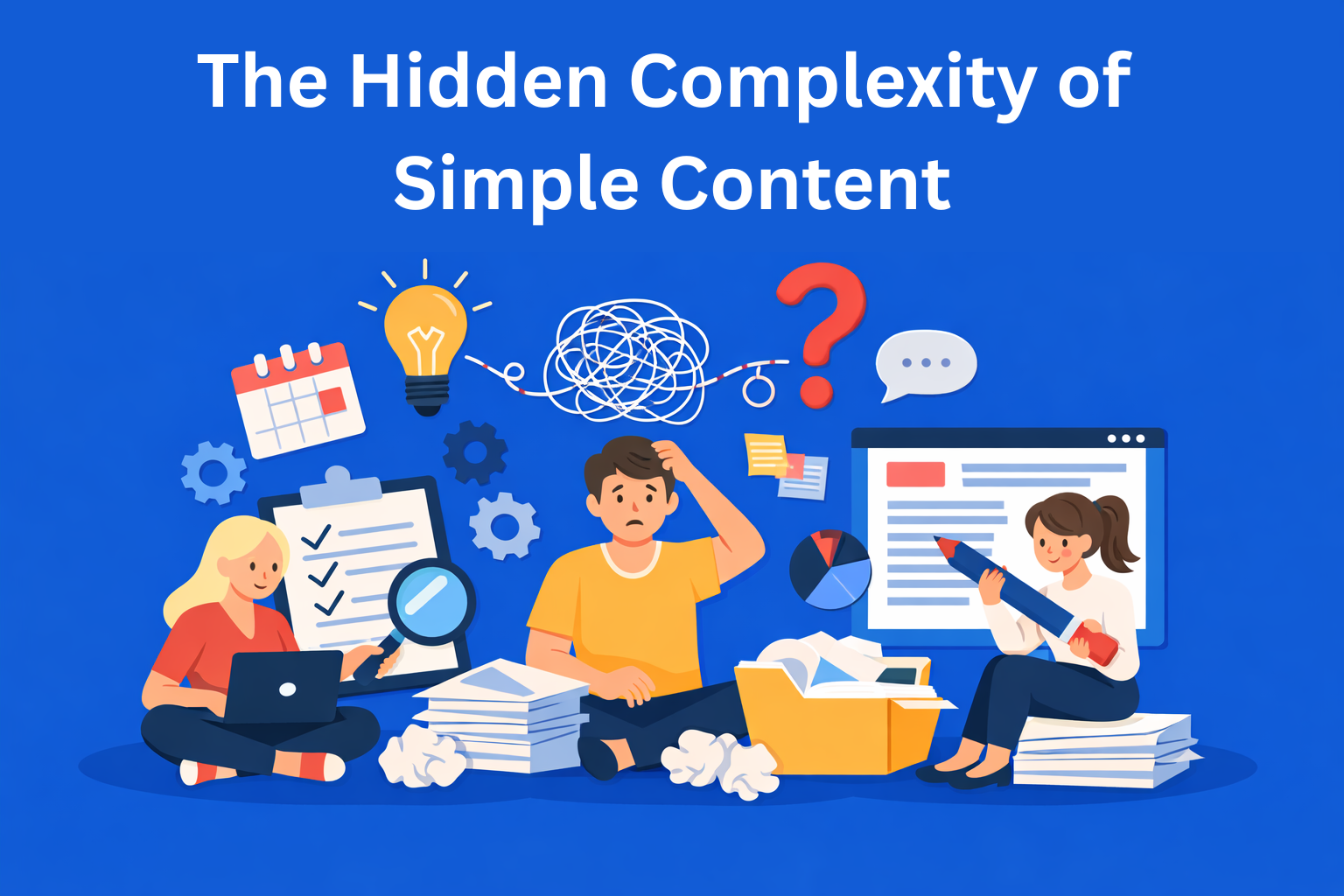Top 10 Content Marketing Tools to Streamline Your Workflow
Streamline your content marketing workflow with the right tools. From SEO and writing to planning and design, these top 10 tools help content teams stay productive, organized, and focused, from idea to publication.
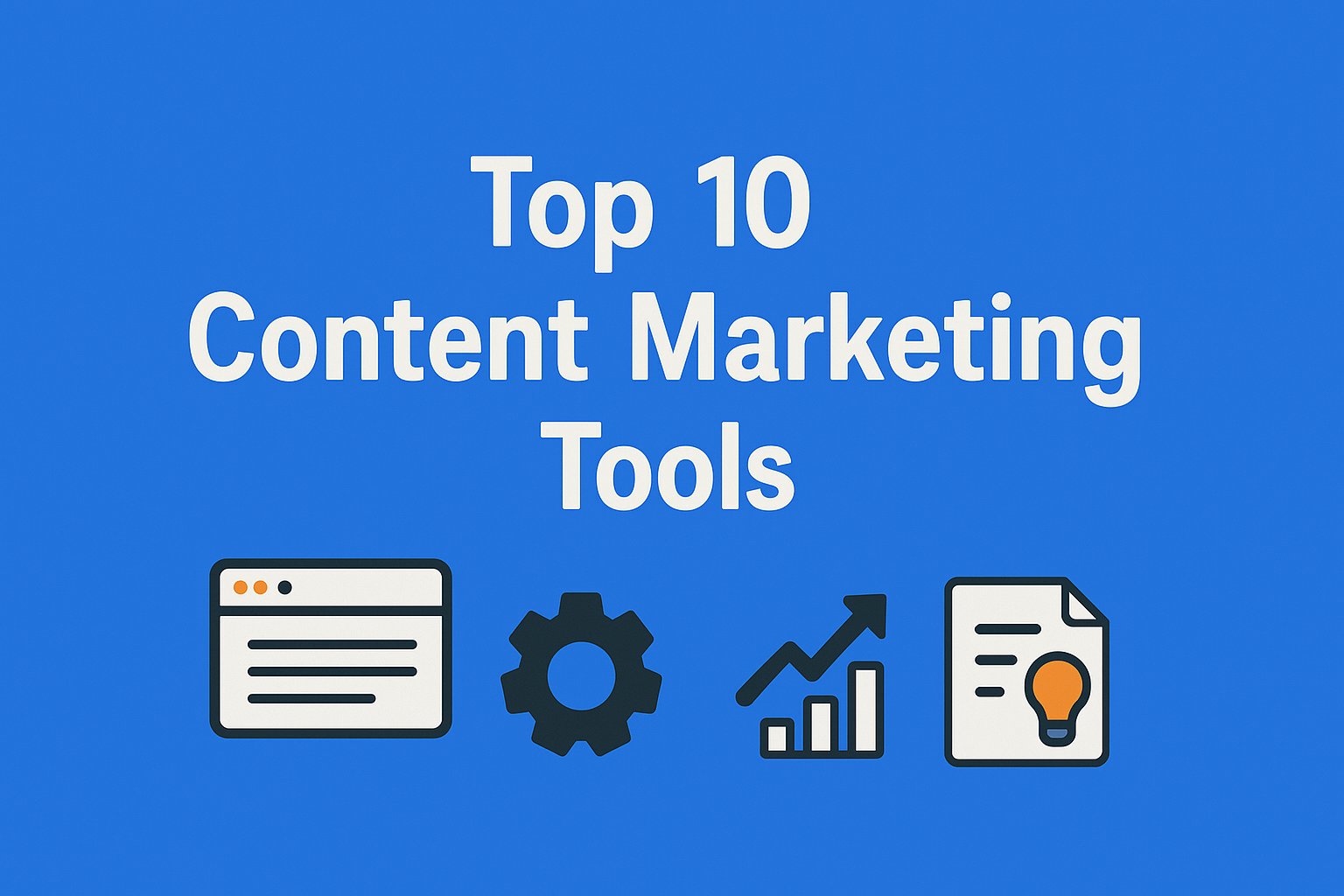
Content marketing is more than just writing posts and articles. Strategy, coordination, optimization, and analysis are all parts of it. These 10 tools can make you much more productive, whether you're working alone or leading a group.
1. EasyContent
Best for: Content workflow management
Every step of making content is easier with EasyContent, from assigning tasks and setting due dates to editing drafts and keeping track of who has approved them. It's great for teams that want to keep all of their content creation in one place because it has an easy-to-use interface, workflows that can be changed, and built-in tools for working together.
You can use EasyContent to make editorial calendars, give out content briefs, speed up revisions, and make sure that all content is approved before it goes live.

2. SEMrush
Best for: researching keywords and making an SEO plan
SEMrush is an all-in-one digital marketing suite that helps you find keyword opportunities, research competitors, keep track of rankings, and keep an eye on how well your site is doing with SEO. The "Topic Research" and "SEO Content Template" tools are great for making content that ranks well. Topic research helps you find popular headlines, topics, and audience questions quickly, so you can make content that people want. SEO Content Template looks at the top results for your chosen keyword and gives you specific advice on how to structure your site, use keywords, and make the content more search engine friendly.
SEMrush is the best tool for marketers who care about how visible their sites are in search results.

3. Grammarly
Best for: Grammar, tone, and clarity checks
Grammarly is more than just a text correction tool - it uses artificial intelligence to suggest better ways to write what you want to say. In addition to grammar and spelling, it helps improve writing style and suggests alternative sentences that sound better. It also has a tone checker, so it tells you whether your text sounds formal, friendly, or something else. If you use the paid version, you’ll get extra tips for clearer writing, better word choice, and more engaging content.

4. Trello
Best for: Lightweight content planning
Trello is a task organization tool that uses boards and cards to keep everything clear. It is easy to use and great for small teams or individuals who want to track calendars, tasks, and progress. You can add comments, files, deadlines, and labels to each card to keep everything in order. It has power-ups that help you connect it with other tools like Google Drive or Slack.
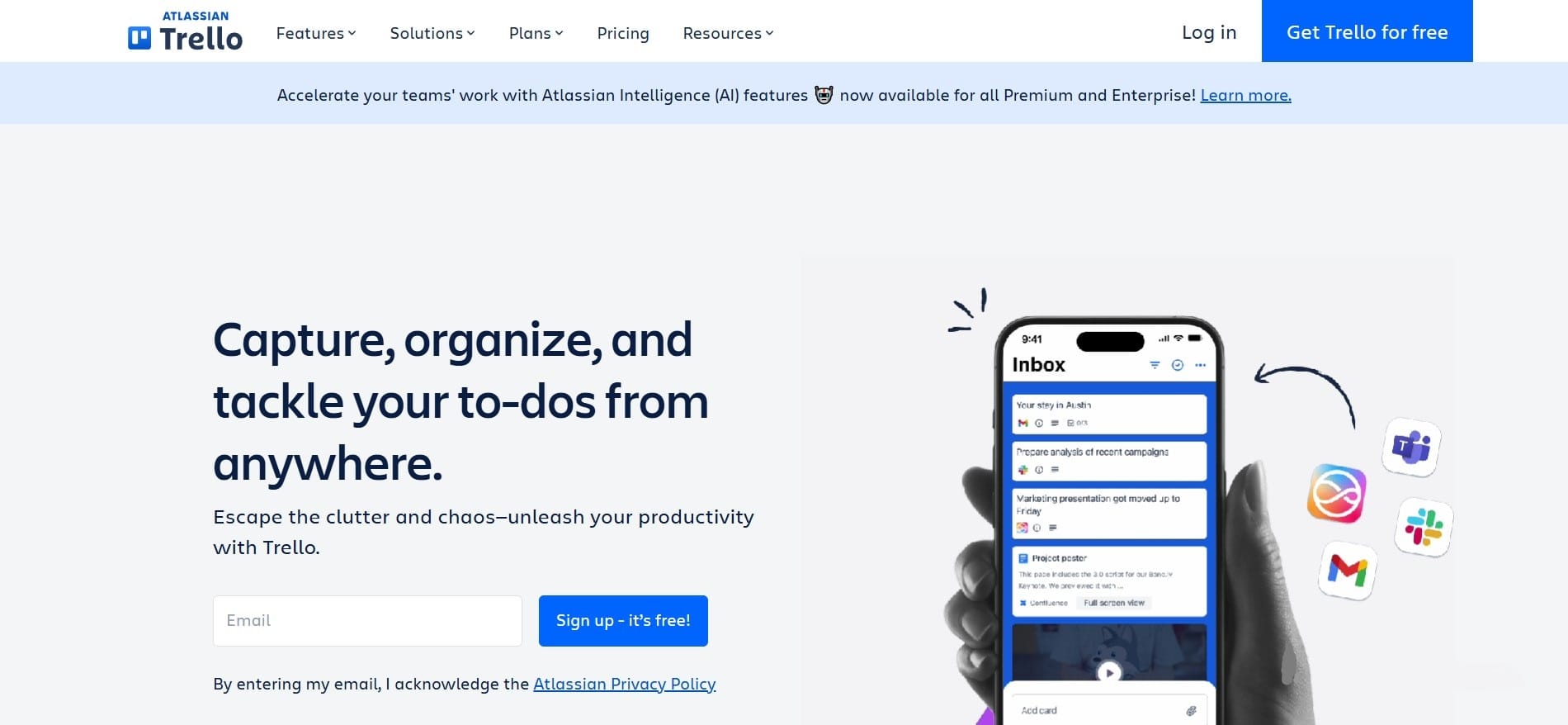
5. HubSpot
Best for: Content marketing + CRM integration
HubSpot is a complete marketing tool that allows blogging, sending emails, creating landing pages, managing social media, and using CRM to track clients. It is ideal for running campaigns that attract users and helps align content with sales and customer relations.
It has built-in analytics that shows how content affects business results.

6. Canva
Best for: DIY visual content
Canva helps you easily create beautiful images and graphics, even if you're not a designer. It has many ready-made templates, photos, and icons you can use, and everything is done simply - just drag and drop what you need. You can make social media posts, banners, infographics, and even presentations. Everything is saved online, so you can easily share your design with team members or edit it later whenever you need to.

7. Google Analytics
Best for: Performance tracking
Google Analytics helps teams understand how users interact with their website and content. It allows tracking of page views, time on site, traffic sources, and bounce rate. You can also set goals and measure how well the content contributes to results such as conversions, sign-ups, or sales.
Based on that data, teams can more easily identify which topics and formats work best and what needs improvement. Everything measured in Analytics serves to make smarter decisions that improve content and business outcomes.

8. CoSchedule Headline Analyzer
Best for: Writing better blog headlines
This tool helps teams write better and more engaging headlines. It analyzes sentence structure, grammar, the balance between powerful, emotional, and common words, as well as the headline’s emotional impact on readers. In addition, it checks SEO keywords and readability, and gives concrete suggestions on how to improve the headline to get more clicks.
Teams often use it before publishing blogs or ads because it saves time and increases the chances of catching the audience's attention. It’s ideal for marketers, editors, and anyone who wants their content to stand out.
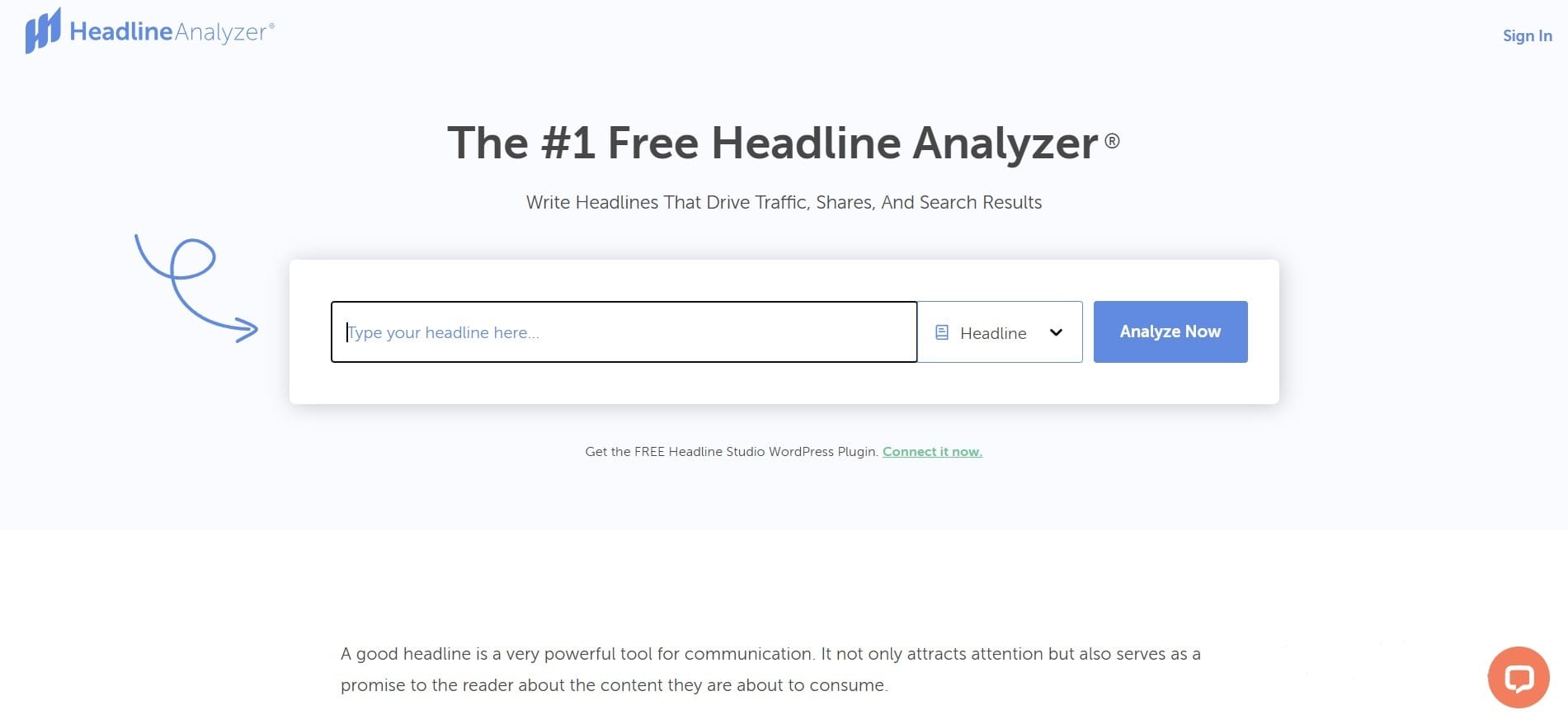
9. Ahrefs
Best for: Deep SEO audits and link building
Ahrefs is a powerful SEO tool that teams use to improve the visibility of their content on Google. It is best known for allowing detailed backlink analysis – teams can see who links to the competition and how to attract the same or even better links. The tool also reveals which keywords competitors are ranking for and where there are "gaps" in the content that can be used.
In addition, Ahrefs has a content research feature that shows which topics and articles in a specific niche have the most views, shares, and links. This helps marketing teams to more easily develop a strategy and create content with a higher chance of success.

10. Notion
Best for: Internal documentation and team wikis
Notion is a digital workspace that allows teams to keep all information in one place - from internal procedures, research, and ideas, to calendars and content creation plans. Everything can be organized through tables, task lists, notes, calendars, or pages that are easy to connect and edit. Teams often use it as a central knowledge base, where everyone can quickly find the needed information.
Although it is not a content publishing tool, Notion is excellent as support during the planning and coordination phase. It is especially useful for remote teams because it enables easy collaboration and transparency across the entire workflow.
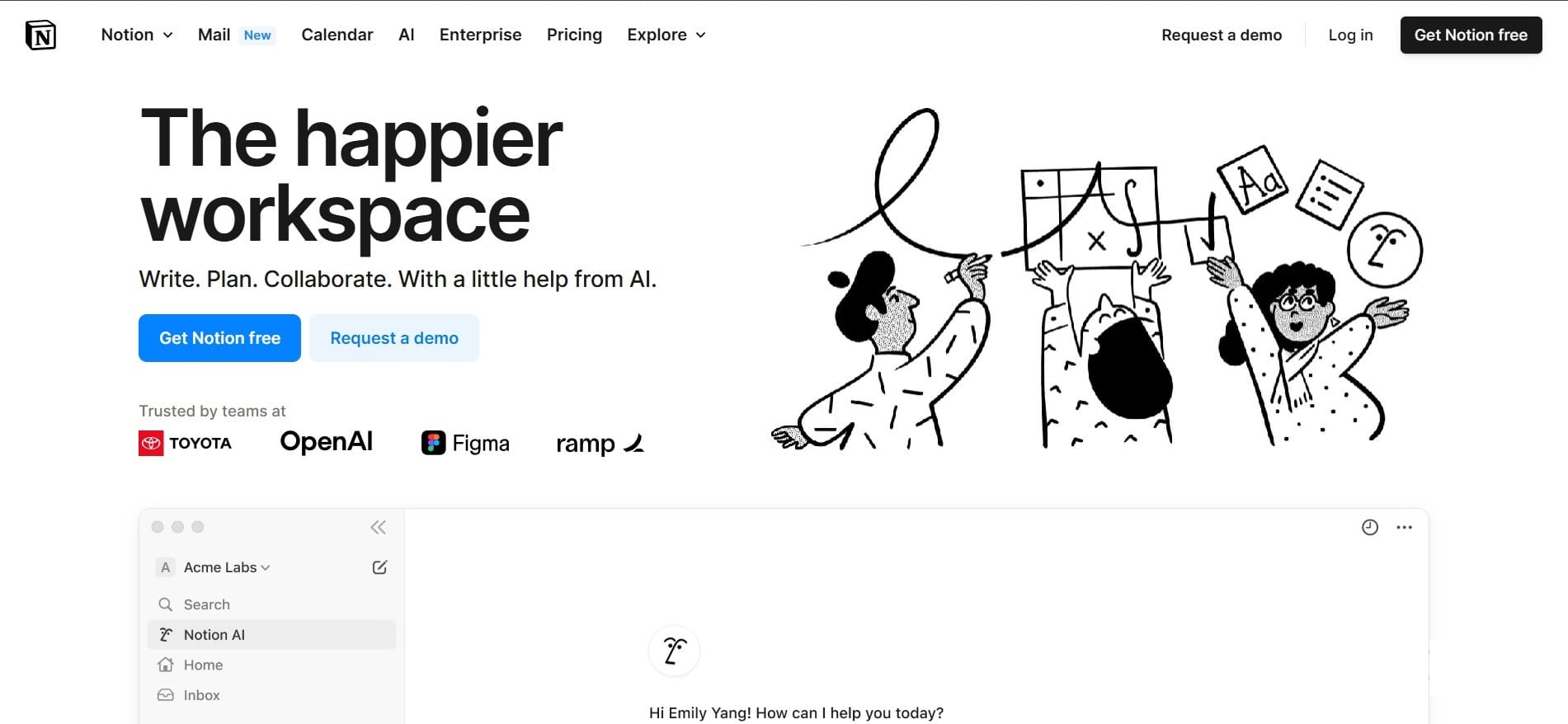
Wrapping Up
Choosing the right mix of content marketing tools depends on your goals and workflow. Some tools are great for planning and SEO, while others excel in writing, designing, or publishing. If you’re looking for something that brings clarity, structure, and collaboration to your content production process, EasyContent is worth a look.
Paired with specialized tools like SEMrush, Grammarly, or Canva, it helps you go from idea to publication quickly and easily.






